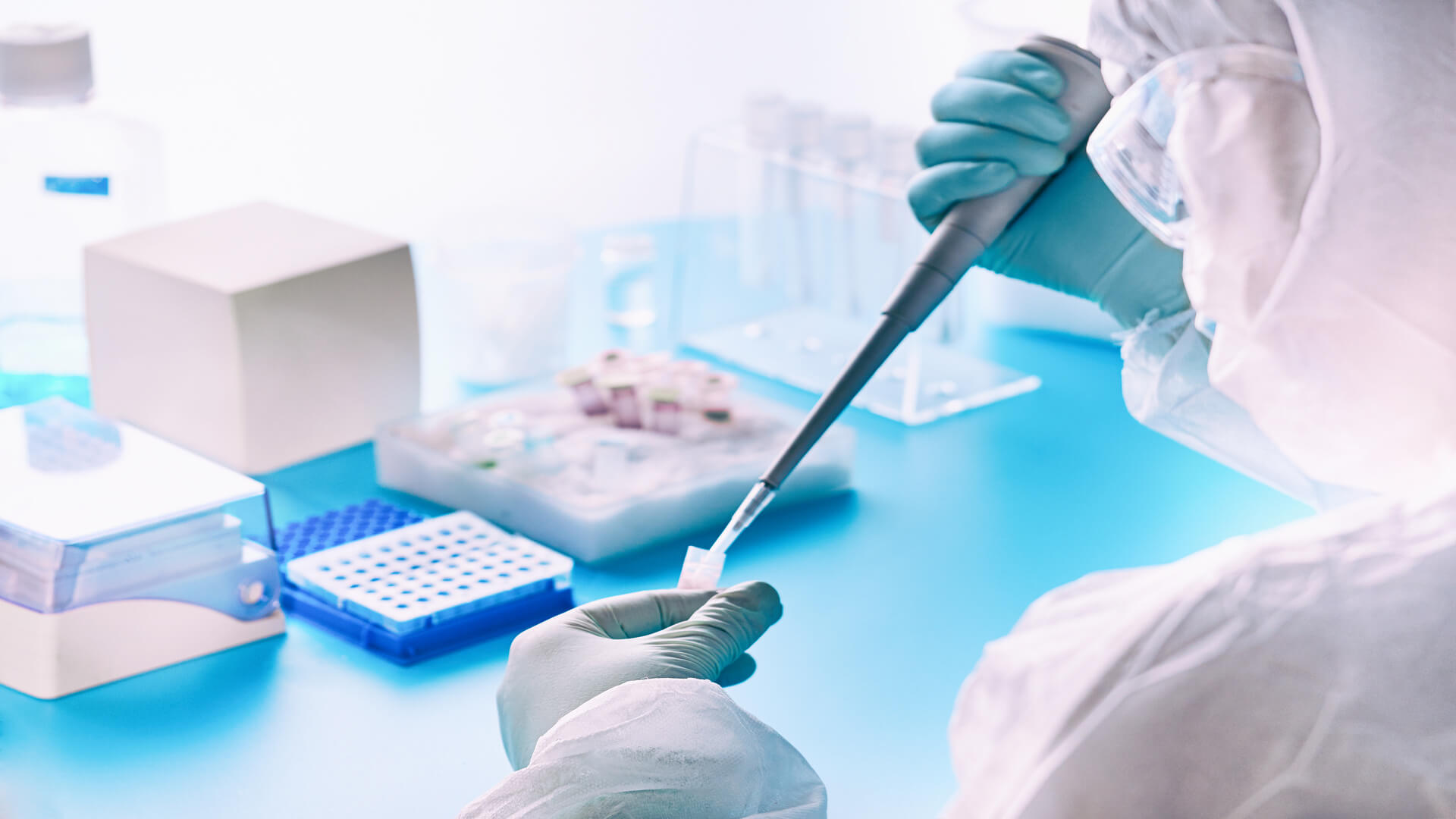By Jack Priestman, Co-founder of Salient Bio.
Vaccine rollouts meant the new year began with renewed optimism for the future and, for the UK diagnostics sector, this is perhaps truer of 2021 than any other year to date. While efforts to provide effective testing for Covid-19 presented a steep learning curve, UK diagnostics is now far stronger for this chastening experience, and there are several reasons to be positive about the sector’s capacity to build from here.
Diagnostics was a substantial sector in the UK before Covid-19, which simply directed unprecedented scrutiny onto the UK’s testing capacity. And though testing capabilities did not always bear this scrutiny well, greater focus on the sector’s strengths and weaknesses will only accelerate growth. Indeed, diagnostics will benefit immensely from the increased resources and innovation now heading its way.
Firm foundations
UK diagnostics was in a healthy condition before the pandemic, despite the country lacking the lab capacity to respond fully when demand for Covid testing became overwhelming. Last year, Health Secretary Matt Hancock admitted envious glances towards Germany’s greater testing capabilities, but his assessment that UK diagnostics has had to build from the ground up neglected a sector which was already a valuable national economic asset.
In vitro diagnostics (IVD) is the largest segment of a UK medtech sector which, according to the Office for Life Sciences, accounted for £24bn in turnover as early as 2018. Indeed, MedTech Europe has valued the UK’s IVD market at almost £1bn. So, while we may have lagged behind Germany and others in terms of lab capacity, many of the ingredients for a vibrant UK diagnostics industry were in place before Covid – and the pandemic simply provided a baptism of fire.
A shot in the arm
Life science innovators have not had their fingers burned by the scramble to develop Covid testing platforms. In fact, the pandemic should prove to be a watershed after which researchers will benefit from easier routes to funding.
Promising signs have already emerged, with the health sector attracting the third-most venture capital investment in the UK in 2020, accounting for 15% of all investment. With the pandemic having put diagnostics firmly on the agenda, testing platforms for conditions beyond Covid will be well-placed to attract capital. Moreover, centres of life sciences innovation have proved particularly attractive to
investors; Cambridge-based firms, for example, attracted $265m in venture investment last year, despite extremely challenging economic conditions.
While increased investment in diagnostics is obviously beneficial from an economic perspective, it remains important to remember the potential advantages that investment could yield for healthcare. Patients will benefit from rapid, reliable testing platforms capable of detecting a range of potential health risks, and this is the invaluable end product which diagnostics innovators are working towards.
Particularly beneficial for patients would be the proliferation of smaller labs rather than a consolidation by mega-labs within the industry. While large-scale diagnostics labs can handle hundreds of thousands of test samples, smaller labs can attain faster turnaround times. Moreover, smaller labs can more easily pivot to diagnosing different diseases, and can be more effectively mobilised to target local populations in the event of concentrated outbreaks. This model therefore represents the real lab of the future, which can adapt to health risks well beyond Covid-19.
Moving the needle
Covid-19 has underlined the benefits of investing attention and resources into diagnostics, but also the risks of neglecting it. Lab capacity, for example, might have been improved in time for the peak of the pandemic, had a virus planning group involving senior ministers not been disbanded. Post-pandemic, therefore, we should ensure we continue to invest in diagnostics, rather than rest on any laurels.
Lessons appear to have been learned about the effectiveness of coordinated action, with the government calling for ongoing support for the NHS beyond the pandemic. Expect this appetite for collaboration with industry and the NHS to continue, particularly as organisations across the public and private sectors have already forged meaningful partnerships in the crucible of the pandemic. We now need this commitment to effective communication and joint action to endure, to ensure that diagnostics can continue to attract investment.
Trusting in tech
Generating investment and pooling resources will both be powerful drivers of innovation, and this should yield exciting new technological developments which will equip healthcare services to fight future threats beyond Covid-19. In fact, a future with more powerful testing solutions for a range of health conditions has already begun to take shape.
Digital cytology, for instance, allows experts to analyse test results outside of a clinical setting, while remote imaging for breast cancer may encourage more patients to accept the offer of a pre-emptive screening. Moreover, AI-driven screenings can reduce pressure on medical professionals, allowing staff to allocate their expertise with utmost efficiency.
At Salient Bio, we have combined life sciences and robotics in our rapid PCR-based Covid testing platform, offering same-day turnaround time from test to receipt of result. Moreover, the small-scale model of our lab ensures we have the agility to conduct mass diagnostics on various other medical conditions, such as STIs and flu-related diseases, once the immediacy of the Covid-19 pandemic has subsided. Our blueprint for rapid, reliable diagnostics therefore promises to provide a major contribution to the fight against Covid-19, as well as laying the foundations for further improvements in how we detect the viruses of tomorrow.
Cause for optimism
Overall, then, the outlook for UK diagnostics is very positive. Stronger than many may have thought before Covid, the pandemic has heightened awareness of the sector’s importance. As opportunities to invest and exchange ideas hopefully proliferate in 2021 and beyond, new technologies should lead the way to even more robust healthcare solutions, delivering better care for patients.

















